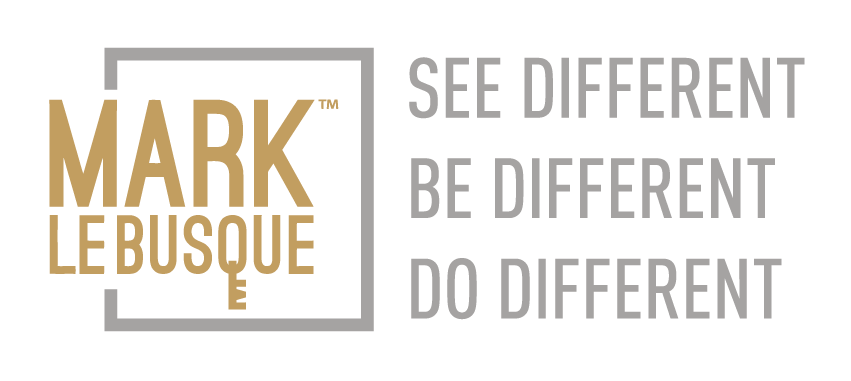Deflection is defined as to cause something to change direction, or to deter someone from its intended purpose. When you change the subject and get people to change what they are talking about, this is an example of a time when you deflect the conversation.
Have you ever played the role of the “Deflector”?
You know that moment where the work was getting real, humans were choosing to be vulnerable, the known unspokens were about to surface and you sensed a level of discomfort in yourself that caused you to behave in a way that you believe was useful for the group.
This is the deflector at their very best – skilfully practicing the “Art of Work Avoidance”.
Perhaps you cracked a joke as you felt the heat rising in the room. Jokes are a great way to deflect. After all, who doesn’t like a bit of humour you told yourself. That was surely justification enough to mask what was really going on here.
Perhaps you conveniently dropped in a line about the critical nature of drilling down on the 5-year strategic plan hoping that everyone in the room was in need of a quick escape from the “real work” that was about to surface. Phew that was lucky…….another way to keep me safe from discomfort.
Perhaps you saw this as an opportunity to revisit and revise the company values as there was a need to get these right for the sake of getting the team aligned on a way forward. Alignment is important right………? We can make progress without being aligned.
Blah, Blah, Blah…………I could go on and on you know. There are so many deflection tactics being used in the workplace today that it’s about time a simple question was asked in order to stop this.
“What just happened then”?
Follow this up with a few moments of silence and then as others in the room keep practising the art of deflection (in this case by not responding or pulling the quizzical face), simply follow up with:
I wonder why it is that someone cracks a joke, raises the importance of the 5-year plan or wants to revisit the values whenever we are starting to feel a little uncomfortable.
Could it be that in order to serve ourselves and keep things comfortable we are missing the opportunity to make progress and serve the group?
This may well be the first step in creating an unwritten rule (or eventually an agreed rule) that gives another human being permission to either call out deflective behaviour, or even as important step into vulnerability or speak about the “known unspokens”.
When did you last experience deflection and what choice did you make when this occurred?
Mark LeBusque believes that the art of “Purposeful Provocation” is needed in today’s work environments and that humans play a safe game in order to survive. He is determined to help individuals and teams embrace the art to “Purposefully Provoke” in order to make the progress the need to make.





